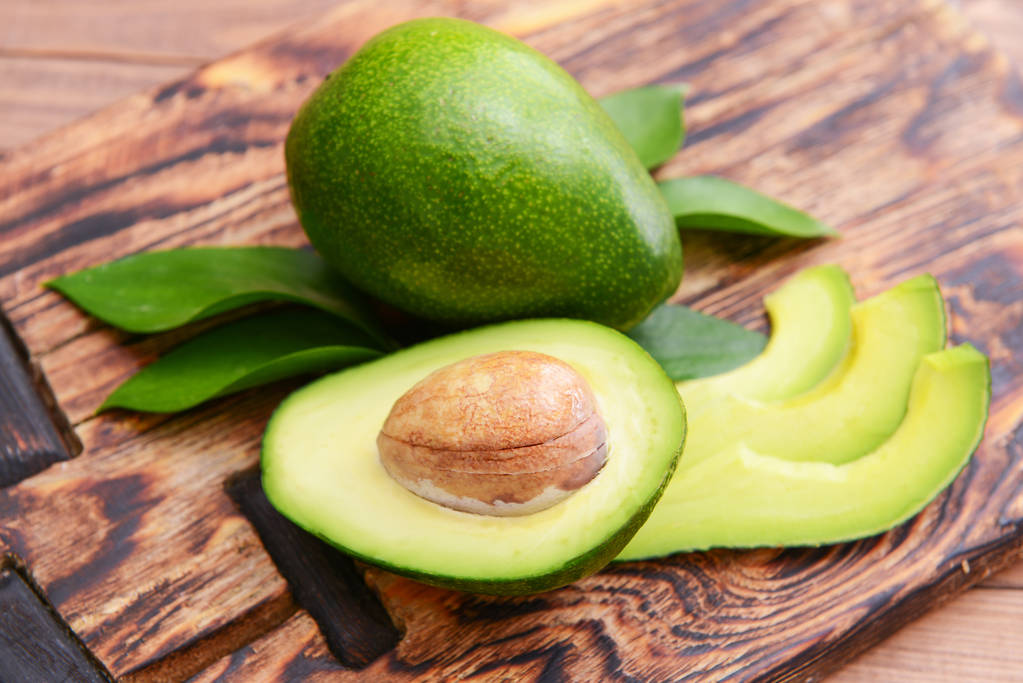Hunger is not a nice feeling. It is triggered in the hypothalamus of our brain. As soon as the blood sugar level drops, it reacts. But what happens if this state is maintained for several days?
Consciously abstain from eating for five days: That sounds hard at first. You shouldn’t do it just like that and without informing yourself. There is the so-called therapeutic fasting: The withdrawal of food has positive effects on the body. In the meantime, the metabolism has to adapt strongly.
If the body is no longer supplied with food, although it is asking for it, it switches to emergency mode. He fears for his survival. First, the organism draws on its sugar reserves. These are stored as glycogen in the liver. But after 24 hours they are used up too. Next comes the egg white. It is broken down from muscles and also from the organs. The organs also lose size. At five days, however, the loss is still very small. From day four, the body falls back on the fat reserves and you start to smell unpleasant. Acetoacetic acid is produced when fat is burned. This is then transported away via sweat and breathing air.
Eating nothing: There are positive and negative effects
However, there are also side effects due to the lack of food. These include, for example, circulatory problems, headaches, freezing, water retention, sleep changes, muscle cramps, temporary visual disturbances and disturbances in the electrolyte balance.
In addition, the heart beats slower and blood pressure drops. After just a brief abstinence from food, the brain begins to produce more serotonin. Serotonin is also known as the happiness hormone. After a few days of fasting, serotonin stays in the blood for a longer period of time and your mood improves.
Under no circumstances should you just stop eating like that. If you want to cure fasting, you should get as much information as possible beforehand and possibly consult a doctor. Pregnant and breastfeeding women in particular, people with eating disorders or mental illnesses, type 1 diabetes, dementia or liver and kidney dysfunction should not fast.










